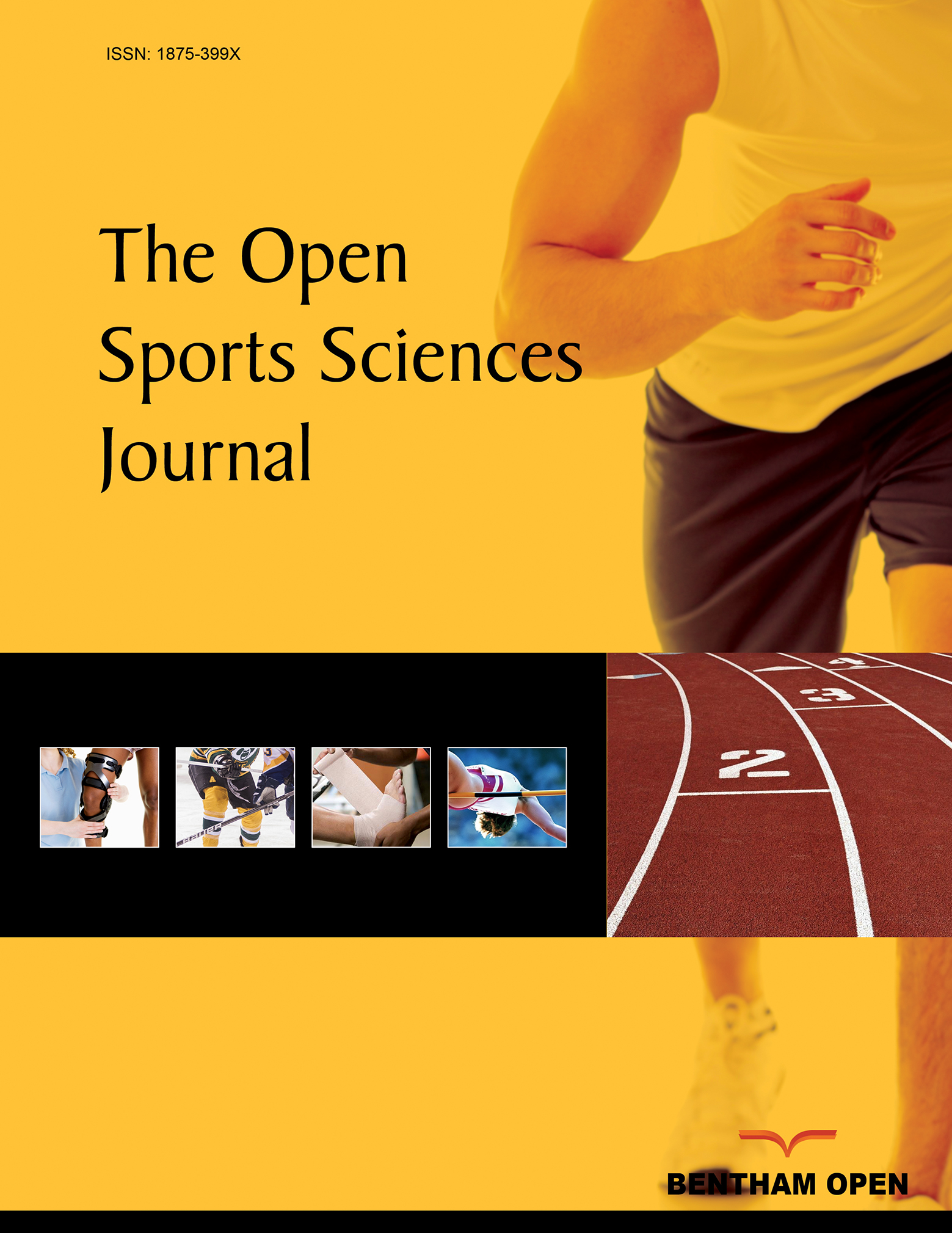All published articles of this journal are available on ScienceDirect.
Acquiring a Novel Coordination Movement with Non-task Goal Related Variability
Abstract
In two experiments, we tested whether non-task goal related variability, in the form of randomly administered mechanical perturbations during practice, would facilitate the acquisition of a novel two-handed coordination movement. In both experiments, we failed to find beneficial effects of adding non-task related variability in comparison to no-added variability control groups. In Experiment 1, when variability was administered after a period of stabilization, and in the presence of performance enhancing feedback, no differences between a control group and a variability (perturbation) group were found in retention. This was despite significant improvements for both groups and evidence that the perturba-tions worked to increase movement variability later in practice. In Experiment 2, we increased the amount of practice, changed the feedback, and provided variability throughout practice. Despite these changes, externally added, mechanical perturbations failed to aid learning. We conclude that variability, in and of itself, is not a sufficient variable to bring posi-tive change to performance and learning. Variability has the potential to aid learning when it is internally-generated, de-pendent on performance and/or task goal related.


